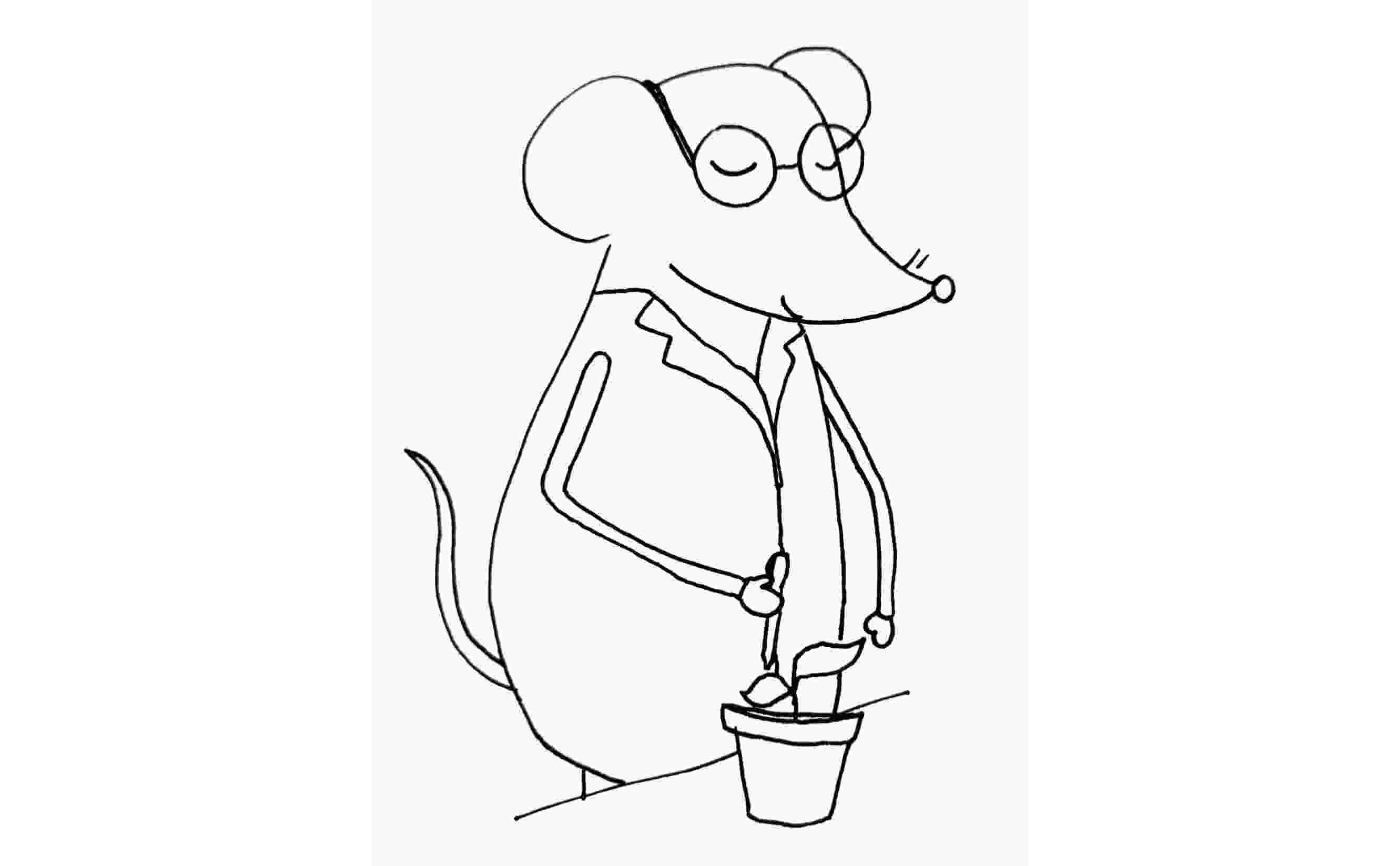This function will insert an external .png or .jpg file over an empty ggplot object. The resulting ggplot object can then be included with other ggplot layouts. This is useful for when you want to use the image in a multiplot layout. For example, in a publication, figure "1A" may be a schematic of your experimental set-up that you created elsewhere and saved as a .png or .jpg file. Rather than inserting this as a standalone image, you can use this function to store your image as a ggplot object, and combine it with other ggplot plots in a flexible layout using the patchwork library.
Usage
insert_png_as_ggplot(
filename,
x_axis_max = 10,
y_axis_max = 10,
xmin = -Inf,
xmax = Inf,
ymin = -Inf,
ymax = Inf
)Arguments
- filename
A character value specifying a path to the .png file. Examples include "Figures/methods-schematic.png"
- x_axis_max
A numeric value describing the maximum value of the sample dataset used to create the "empty" dataframe underneath the plot. You may need to change this to better match the aspect ratio of your .png. Defaults to 10.
- y_axis_max
A numeric value describing the maximum value of the sample dataset used to create the "empty" dataframe underneath the plot. You may need to change this to better match the aspect ratio of your .png. Defaults to 10
- xmin
The minimum position of the image on the x-axis. Defaults to
-Infwhich is the left-most plot boundary.- xmax
The maximum position of the image on the x-axis. The minimum position of the image on the x-axis. Defaults to
Infwhich is the right-most plot boundary.- ymin
The minimum position of the image on the y-axis. Defaults to
-Infwhich is the lowest plot boundary.- ymax
The minimum position of the image on the y-axis. Defaults to
-Infwhich is the highest plot boundary on the y-axis.
Value
A ggplot object featuring your png file on an empty plot background. There are no plot elements (e.g. no axis titles).
Details
This function is very similar to wrap_elements() from the patchwork package in that it allows you to insert a non-ggplot2 object to a patchwork layout. However, insert_png_as_ggplot() gives you much finer control over the dimensions of the plot and the amount of space it can take up.
Examples
# Note: In your code, simply insert the filename
# as a character value. Do not use import_ext_data()
insert_png_as_ggplot(import_ext_data("rat-methods.jpg"))

